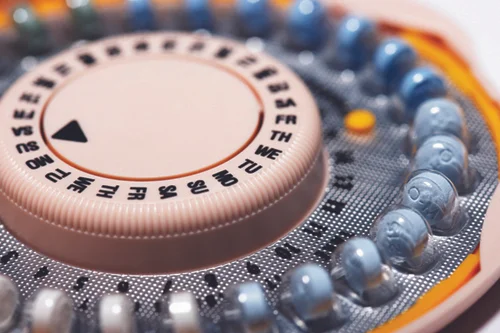Couples looking for a wedding venue in Albuquerque, N.M., used to be able to consider the modern, high-tech facilities at Desert Springs Church.
That was then, before the word "marriage" became a legal landmine.
This is now. This nondenominational flock's leaders recently decided that they needed to update their foundation documents for the age after the U.S. Supreme Court's 5-4 decision legalizing same-sex marriage. Thus, their written policies now specify that the only weddings held there will be rites requested by church members -- as in believers who have vowed to honor its doctrinal statement.
On marriage, that doctrinal statement now reads: "We believe that God created human beings in his image in two embodied sexual kinds -- male and female (Genesis 1:26-27). We believe that God designed men and women to unite in marriage, which is complementary, involving one of each sexual gender, exclusive, and permanent." A detailed support document adds: "Gender is a part of God's good creation and is bound to its roots as a biological reality. It is identifiable at birth. …"
In other words, the church's leadership realized that, in this litigious day and age, they would have to define, in highly specific terms rooted in doctrine, who could get married in their church. That would be safer than trying to define -- in a legal crunch -- who could not hold a wedding rite there.
"In some ways, all of this is a bummer," explained the Rev. Trent Hunter, the church's pastor for administration and teaching, in a telephone interview. "You don't go into ministry to be restrictive. You don't want to do things that limit the scope of your ministry. But we're learning that you can't take any of this for granted, because the government is forcing us to be very open and specific about what we believe and why. …





